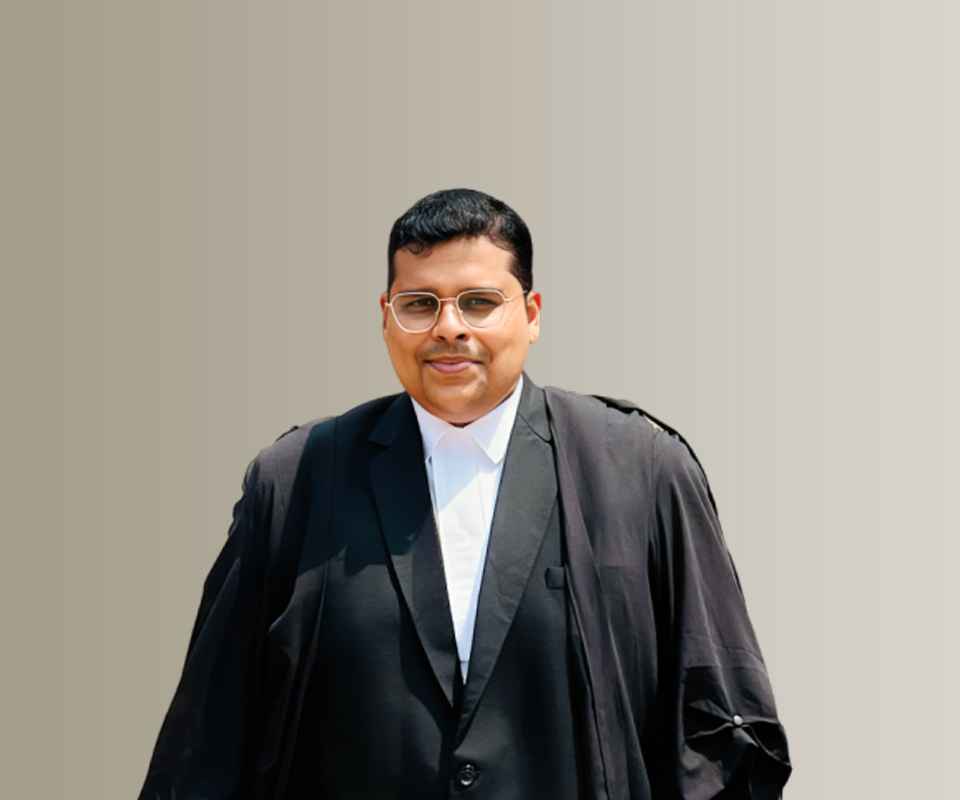Answer By law4u team
A divorce decree can indeed affect the ownership, use, or responsibility for leased or rented property, although it does not directly change the legal ownership of such properties unless explicitly stated in the agreement or court order. The impact largely depends on the nature of the property (whether it's a lease, rental, or jointly held asset), and the terms laid out in the divorce settlement or judgment.
1. Leased or Rented Property Ownership
Generally, a divorce decree does not alter the ownership of leased or rented property, as leases and rental agreements are separate contracts from property ownership. Leased or rented properties are typically owned by the landlord, and a divorce decree does not transfer ownership of these properties to either spouse unless they are named as owners in a separate agreement.
However, responsibility for the lease can change as part of the divorce settlement. For example, if a couple is renting a property together, one spouse may be awarded the right to remain in the property, while the other may be required to move out. The court may also decide which spouse will assume responsibility for continuing the lease payments, particularly if the leased property is tied to the marital household.
2. Continuing Liability for Rental Payments
The divorce decree can assign responsibility for rental payments, especially if the property was the family home or an asset used for joint purposes. If both spouses' names are on the lease, the divorce settlement will likely address who is responsible for paying the rent moving forward.
If one spouse stays in the rented property, they may be ordered to take on the full responsibility for rent payments or reimburse the other spouse for their share.
In cases where both spouses’ names are on the lease, the court may allocate payment responsibilities based on financial ability, the amount of time each spouse has spent in the home, or other relevant factors.
3. Termination of Lease or Rental Agreement
In some cases, the divorce court may order the termination of a lease if both spouses agree or if the continued payment of the lease becomes unfeasible due to financial or other reasons. This can happen if:
- The couple was renting a property but neither party wishes to keep the lease.
- The couple no longer needs the property, and terminating the lease is in the best interest of both parties.
The divorce decree may also require the couple to work together to terminate the lease and divide any financial responsibility for penalties or costs associated with early termination.
4. Transfer of Lease or Subletting
If a spouse is awarded possession of the rented property, the lease agreement may need to be transferred to that spouse’s name, subject to the landlord’s approval. This process, known as an assignment or subletting, allows the spouse who will remain in the property to assume full responsibility for the lease.
The landlord must approve any transfer of the lease, and some rental agreements contain clauses that prohibit assignments or sublets without permission.
If the spouse who moves out is still legally responsible for rent payments under the lease, they may be able to negotiate with the other spouse or the landlord to be released from liability.
5. Division of Property and Assets
While leased or rented properties themselves cannot be divided as assets, the financial value associated with them can be considered in the broader division of property. If one spouse continues to live in the rented property, they may be required to compensate the other spouse for their share of the value of the property or its associated costs (e.g., rent payments, maintenance).
In certain cases, if a couple has a long-term lease with favorable terms, the court may factor in the value of the lease in the overall asset division, especially if one spouse wishes to remain in the property and the other does not.
6. Alimony and Financial Support
If one spouse remains in a rented or leased property, and the other spouse is required to pay alimony or spousal support, the amount of support may be adjusted based on the responsibilities for housing. For example, if the spouse staying in the property is receiving alimony or support, the court may take into account the cost of maintaining the rental.
Example
Suppose a couple rents an apartment together, and after the divorce, the wife wants to continue living there. The court may order that the wife remain in the apartment, while the husband may be required to cover a portion of the rent for a certain period. Alternatively, the court may allow the wife to assume full responsibility for the lease and remove the husband's name from the lease agreement if both parties agree.
In conclusion, while a divorce decree does not typically affect the ownership of leased or rented property, it can significantly impact who is responsible for lease payments, who may remain in the property, and how the property is treated in the overall division of assets. The court will assess the individual circumstances, including financial capability, need, and fairness, when assigning responsibilities related to rented or leased properties.







